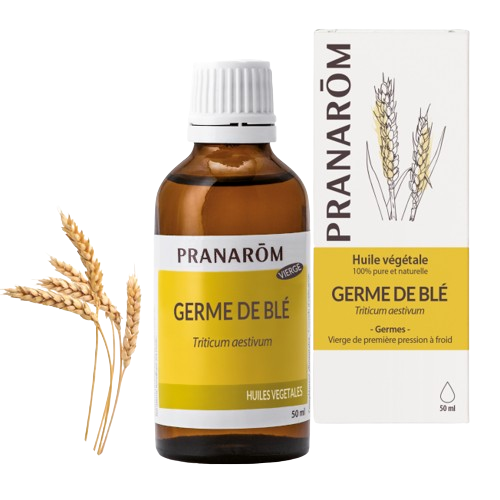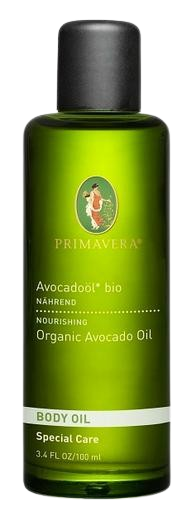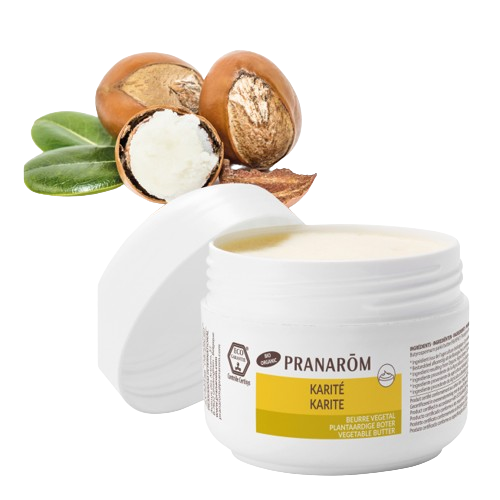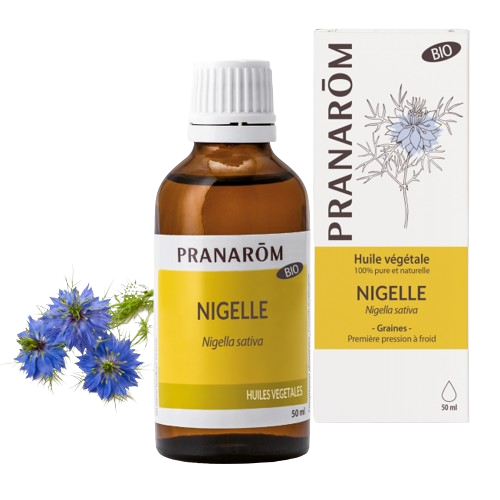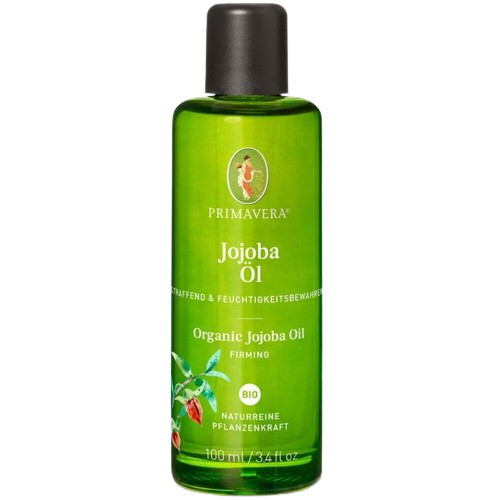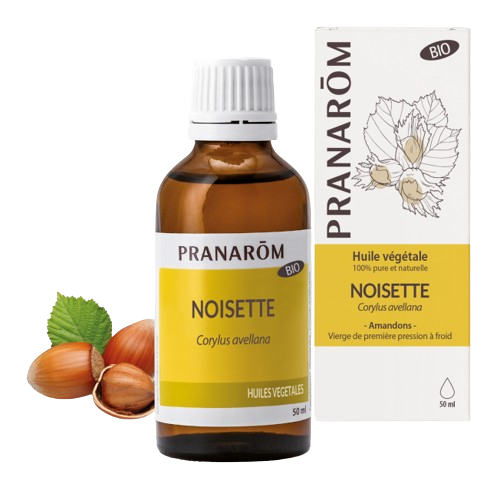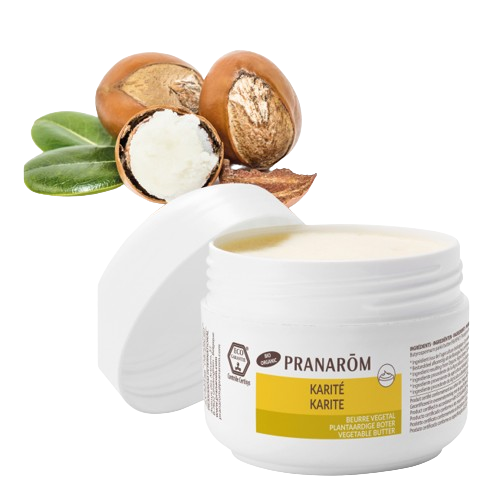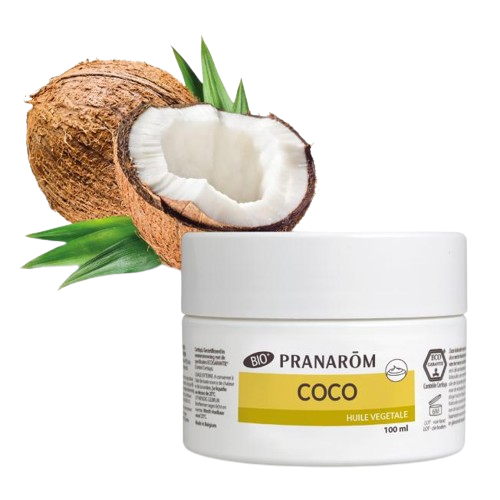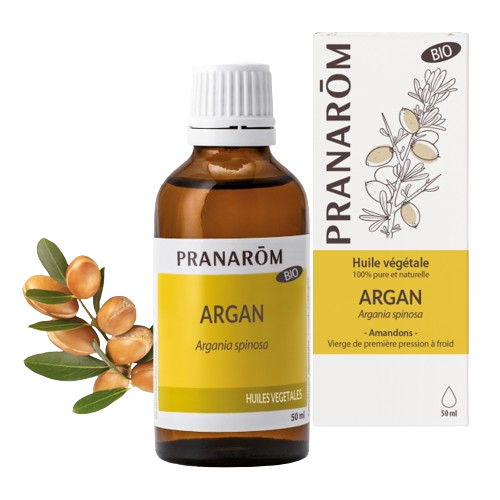Chers Santies,
We are back for the second part of our article on thehe use of vegetable oils for hair but this time with the aim of discovering which oil is right for your hair type and your goal!
Vegetable oils for different hair types
For dry hair
The needs of this type of hair are twofold:hydration and nutrition. Vegetable oils to choose for dry hair are :
Wheat germ oil (Triticum savitum)
It softens and nourishes dry hair, which is often difficult to style. Discover
Avocado (Persea americana) vegetable oil
Ideal for deeply nourishing dry, damaged hair. Stimulates hair growth, strengthens hair and reduces breakage. Discover
Shea butter (Vitellaria paradoxa)
It helps hair that has become very devitalized or lacks shine. Thanks to its fatty acids, hair ends and lengths will regain vitality. To avoid weighing hair down, avoid applying it to the roots. Discover
Tip: it's advisable to leave the oil on for at least 30 minutes in a towel or cap, as dry hair needs deep conditioning. You can also leave your hair uncovered and leave it overnight.
For oily hair
There are essential oils for oily hair too. They will nourish the hair fiber while balancing sebum production.
Black cumin oil (Nigella sativa)
Elle va réparer, fortifier et nourrir le cheveux gras grâce à ses vertus purifiantes. Discover
Jojoba oil (Simmondsia Chinensis)
It has the ability to control the amount of sebum produced in the hair. Jojoba oil's mission is to help eliminate any small greasy residues that may be deposited on your scalp. It is a protective and regenerating oil.
Hazelnut oil (Corylus avellana)
This oil will also help regulate sebum production. Your hair will be moisturized, fortified and nourished without looking too greasy.
Tip: oil baths should be used no more than once a week, or just before coloring, blow-drying, curling or straightening.
For frizzy hair
Tip: Knowing that frizzy hair is not easy to sublimate. To do so, add a few drops of thevegetable oils mentioned above in the shampoing or conditioner. This will complete the treatment.
For fine hair
People with fine hair generally have the same goal: to gain volume and protect their hair from damage caused by heat, chemicals and the outside environment (pollution, sun). To strengthen and care for fine hair, you need :
- Argan oil : ideal for fine hair with split ends, it adds volume, shine, vitamin E and repairs split ends or the "electric appearance of this type of hair".
- Coconut oil It has the ability to deeply repair the hair fiber, creating suppleness, shine and volume while nourishing and moisturizing the hair.
Extra tips
- Leave on for about ten minutes before rinsing or washing to avoid weighing them down.
- Limit the use of high-temperature hairdryers and opt for washing with lukewarm water.
- For volume in record time, heat a dab ofcoconut oil between your hands and apply to your hair: use 1 to 2 times a week maximum.
For color-treated hair
The need for this type of hair will depend on the type of color (synthetic or natural, with or without ammonia or bleach).
Some vegetable oils can alter color (yellowing or dulling), so it's important to choose carefully:
- Sweet almond oil: nourishes and repairs damaged or dry hair after coloring without changing the results.
- L'huile de ricinHair loss after coloring: castor oil has an intense effect on hair growth and protects the hair.
- Oil fromargan For longer-lasting color, even after repeated washing.
- Avocado oil : repairs damage caused by coloring and adds shine.
Tips and tricks :
- Apply the vegetable oils all over the hair in the same way as for coloring.
- Rest time: 30 to 60 minutes.
- Make your shampoing for color-treated hair, or leave the hair mask on overnight and wash the next morning.
For curly hair
This type of hair needs in-depth hydration and nutrition, while at the same time preserving curls.
- Argan oil : shine and deep nourishment.
- Jojoba oil: important nutrition and added shine. Suitable for both dry and oily hair, thanks to its ability to regulate sebum production.
- Coconut oil : nourishes and repairs curly hair. Just make sure it hasn't left a crusty residue on the hair, as in winter it solidifies at low temperatures.
Vegetable oils are a natural way to care for all hair types. All you have to do is choose the oil that's right for you!




